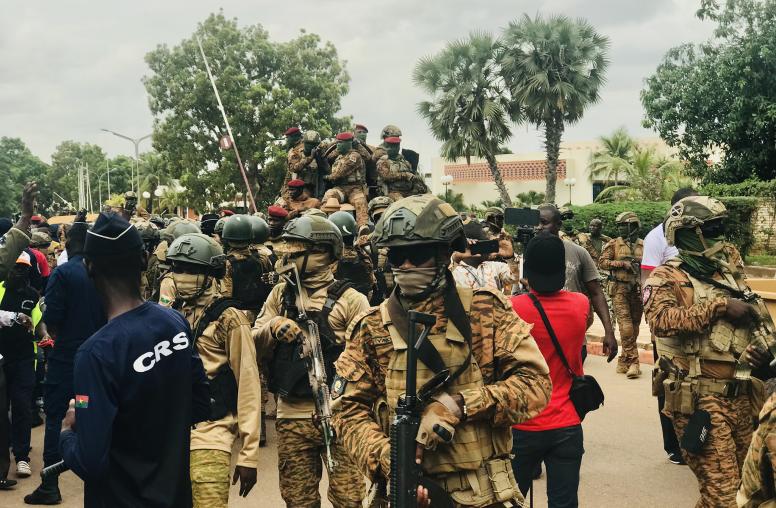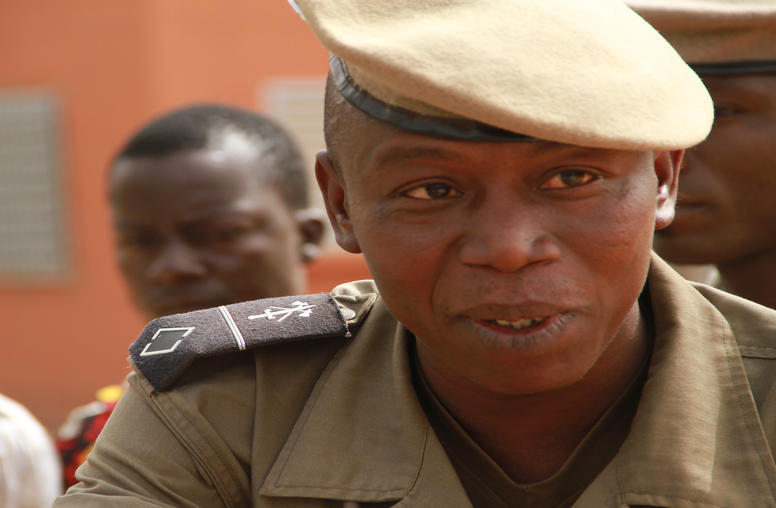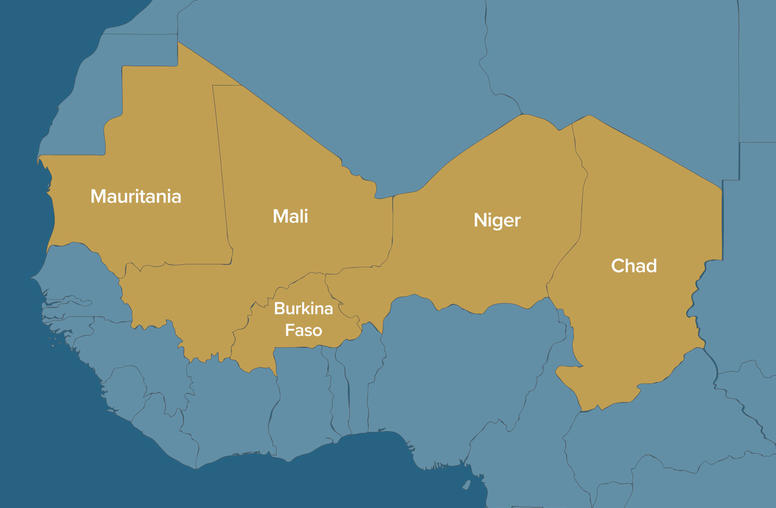 Niger
Niger
Despite three democratic elections since 2011, Niger remains challenged by poor governance and violent extremism — issues that transitional authorities used to justify a coup in July 2023. As the transitional government withdraws from Western partnerships, they have limited capacity to govern effectively, negotiate with regional and international partners, and define a credible timeline and roadmap for elections and other institutions. Since 2017, USIP has strengthened dialogue and agreements between communities, security forces and authorities to improve security and governance. USIP also trains local community leaders in the prevention of violent extremism and recruitment by terrorist groups.
Featured Research & Analysis

In Africa, the Need to Engage with Democracies and Coup Regimes
Three West African coup leaders — a general, a colonel and a captain — gathered last weekend to formally ally their regimes in Niger, Mali and Burkina Faso. Their meeting dramatized two realities for Americans and allies who hope to see our children live in a world governed by laws rather than brute force.

Joseph Sany on the U.S. Withdrawal from Niger
The U.S. reached an agreement with Niger’s military junta to close two military bases in the country in what amounts to a “tactical setback” for counterterrorism efforts in the Sahel. But the closure also “forces the U.S. to review its military posture in the region,” says USIP’s Joseph Sany, adding “there may be other options.”

For Sahel Stability, U.S. Needs Broader, Coordinated Policy
As military coups and violent insurgencies have spread across Africa’s Sahel over the past decade, U.S. policy has professed to recognize and address their interconnections across the region, notably through the Trans-Sahara Counterterrorism Partnership. Yet this effort remains insufficient to meet the scale and complexity of the violence and the underlying failures of governance.
Current Projects

Why All the Coups?
Ahead of the Biden administration’s Summit for Democracy, the U.S. Institute of Peace is convening a multi-part conversation about the dynamics driving four of the seven coups and coup attempts since the onset of the pandemic.

Justice and Security Dialogues
In countries of Africa, the Middle East and Asia, USIP has pioneered a method to bring state officials, community leaders and citizens together to work out the roots of their problems and cooperatively rebuild security.

Bipartisan Senior Study Group for the Sahel
In May 2021, USIP created the Bipartisan Senior Study Group for the Sahel comprised of 12 current and former high-level U.S. officials, renowned academics and prominent Africa experts. The senior study group aims to generate new insights into the complex challenges facing the Sahel region, including food security, human rights, security assistance, private sector development and job creation — as well as great power competition. The senior study group will provide original recommendations to the U.S. government and governments in the Sahel region to improve foreign assistance, resolve conflict and support lasting peace.